| IN A NUTSHELL |
|
In a significant development in global defense partnerships, Taiwan is set to collaborate with Portugal-based Tekever to locally produce the AR3 drone, an unmanned aerial vehicle that has played a crucial role in Ukraine’s military operations against Russian assets. The partnership was announced during the Taipei Aerospace & Defense Technology Exhibition, marking a milestone in Taiwan’s defense strategy. The AR3 drone, known for its versatility and advanced capabilities, has been instrumental in Ukraine’s defense, reportedly aiding in the destruction of nearly $2.5 billion worth of Russian military assets, including the advanced S-400 air defense system. This collaboration promises to enhance Taiwan’s defense capabilities amid regional tensions.
Advanced Capabilities of the AR3 Drone
The AR3 drone, developed by Tekever, is designed to offer endurance and flexibility in a variety of mission scenarios. Its compact fixed-wing design allows it to perform in both maritime and land environments, making it suitable for a wide range of operations. The drone can remain airborne for up to 16 hours, thanks to its optional beyond-line-of-sight datalink, which is crucial for extended missions involving intelligence, surveillance, target acquisition, and reconnaissance.
One of the AR3’s standout features is its modular payload options, including electro-optical and infrared sensors, laser illuminators, and communications relay systems. This flexibility enables the drone to perform diverse roles, from border protection and artillery fire correction to infrastructure monitoring. Furthermore, the AR3 offers a vertical takeoff and landing (VTOL) variant, enhancing its deployment options by reducing the need for ground equipment.
The drone’s specifications are impressive, with the fixed-wing variant measuring 11.5 feet in length and weighing up to 50 pounds. It can carry a payload of up to 9 pounds and cruise at speeds of 53 mph. The VTOL version, slightly larger, maintains similar payload capabilities while offering an endurance of around eight hours. These features make the AR3 a formidable tool in modern warfare and defense strategies.
Strategic Partnership for Manned-Unmanned Teaming
The collaboration between Tekever and Taiwan’s Apex Aviation marks a strategic move towards establishing a manned-unmanned teaming (MUM-T) framework on the island. This initiative aims to integrate Tekever’s advanced unmanned systems with Apex’s manned aircraft, developed under the Goshawk Project, to enhance real-time decision-making capabilities in complex operational environments.
By combining Tekever’s expertise in autonomous systems with Apex’s experience in manned aviation, the partnership seeks to create a more resilient defense ecosystem. Apex Chairman Wilson Kao emphasized the importance of this integration, stating that it will advance Taiwan’s defense capabilities, particularly in maritime and aerial security operations.
Tekever views this partnership as part of its global expansion strategy, identifying Taiwan as a key market for advanced intelligence, surveillance, and reconnaissance (ISR) capabilities. The collaboration also includes working closely with Taiwan’s Civil Aviation Administration to ensure compliance with regulatory standards and safe drone operations. This initiative underscores Taiwan’s commitment to strengthening its defense infrastructure in response to potential regional threats.
Implications for Taiwan’s Defense Resilience
As Taiwan faces increasing security challenges, particularly from neighboring China, enhancing its defense capabilities has become a top priority. The introduction of advanced drones like the AR3 is expected to play a crucial role in bolstering Taiwan’s defense resilience. These drones provide critical ISR support, essential for safeguarding the island’s security and infrastructure.
The partnership with Tekever is timely, as Taiwan seeks to build a robust domestic unmanned systems sector. Both Tekever and Apex are exploring local technology integration and supply chain development to fortify Taiwan’s defense industry. This move is aligned with Taiwan’s broader strategy to become self-reliant in defense technologies.
Moreover, the collaboration reflects a growing trend of international defense partnerships aimed at addressing shared security concerns. By leveraging the expertise and capabilities of global defense leaders like Tekever, Taiwan is positioning itself as a formidable player in the region’s security landscape. The success of this partnership could set a precedent for future collaborations, highlighting the importance of international cooperation in defense innovation.
The Future of Drone Technology in Defense
The AR3 drone’s success in Ukraine demonstrates the transformative potential of drone technology in modern warfare. As countries like Taiwan adopt these advanced systems, the implications for global defense dynamics are significant. Drones offer unparalleled capabilities in intelligence and reconnaissance, enabling nations to respond swiftly to emerging threats.
The collaboration between Tekever and Apex represents a forward-thinking approach to defense innovation, emphasizing the integration of manned and unmanned systems. This synergy enhances operational effectiveness while minimizing risks in complex scenarios. As drone technology continues to evolve, its role in defense strategies will likely expand, offering new solutions to longstanding security challenges.
Looking ahead, the partnership between Tekever and Taiwan could pave the way for further advancements in drone technology and its applications. How will this collaboration influence Taiwan’s defense posture, and what innovations might emerge from this strategic alliance?
Did you like it? 4.5/5 (23)
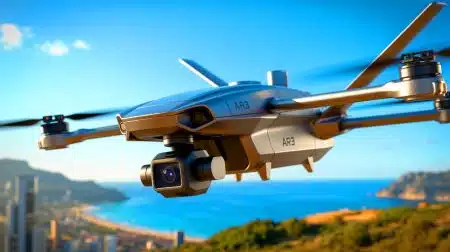
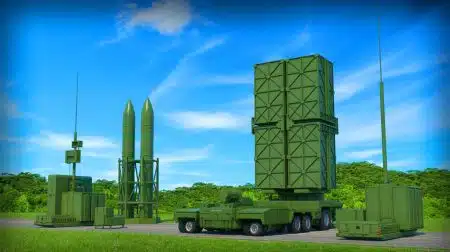


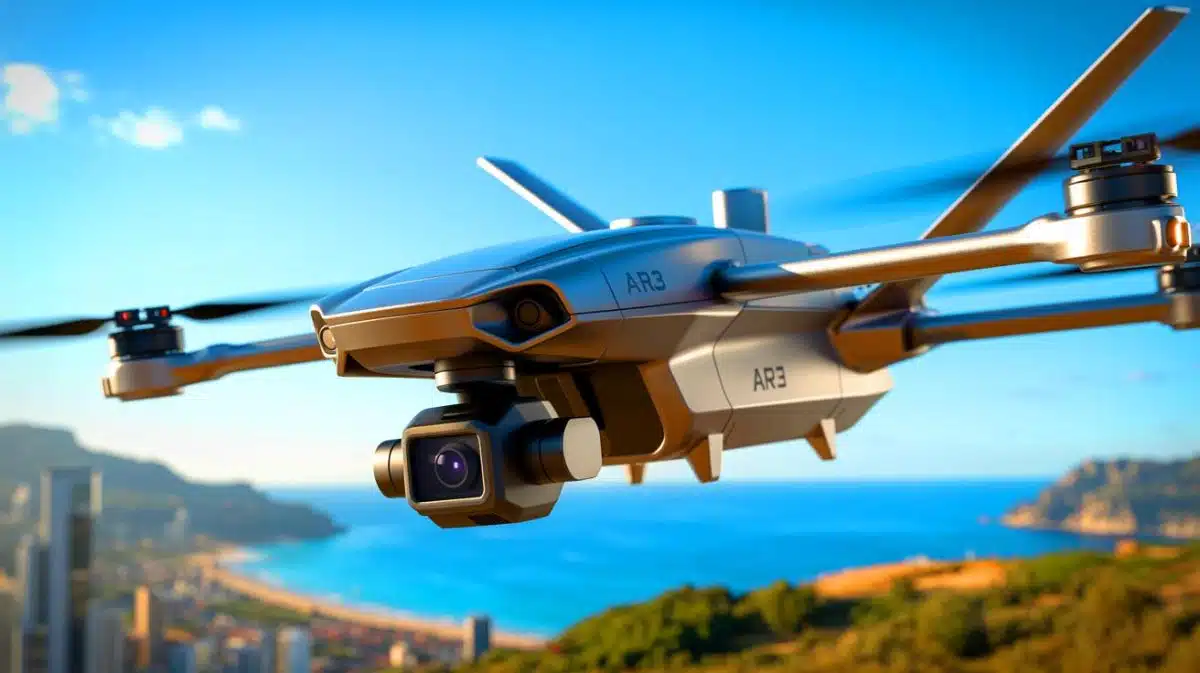
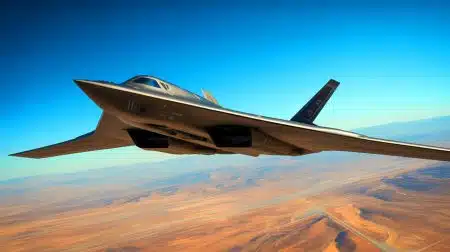
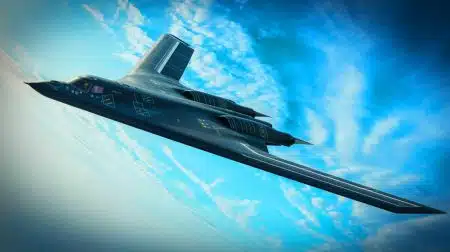

Wow, $2.5 billion in assets destroyed? That’s some serious firepower! 😮
Wow, the AR3 drone sounds like a game-changer! How does its VTOL capability compare to other drones in the market? 🚁